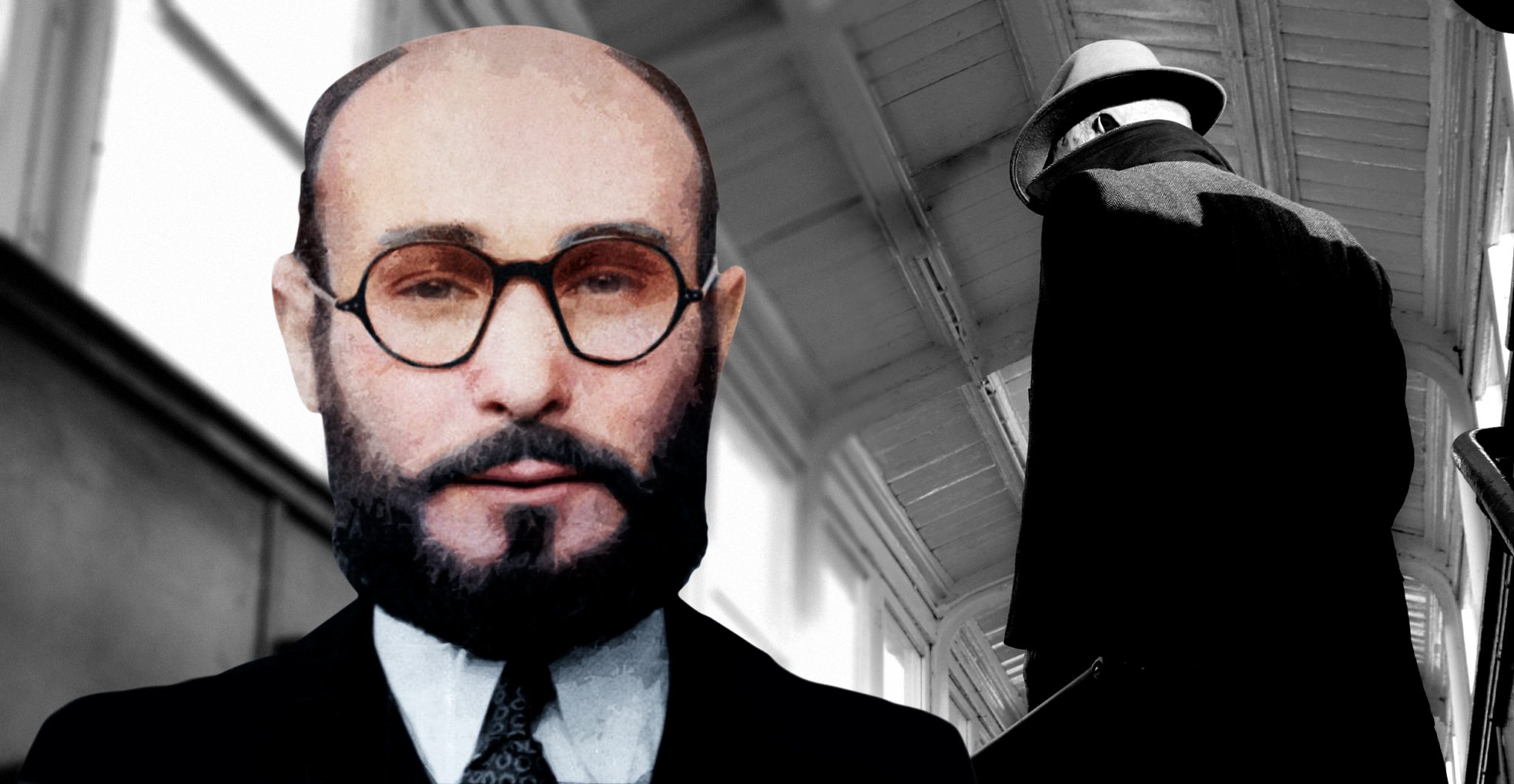He served in a Spanish Republican cavalry unit – an experience he couldn’t wait to get past.
Juan Pujol Garcia’s remarkable life story reads like the script of a Hollywood blockbuster – except that every detail of his almost unbelievable story is actually true. He was a self-made spy and double agent who operated under the name Agent GARBO and played an enormous role in helping the Allies win the Second World War, while winning awards from both the British government and the Nazis.
Garcia is the only man in history to have been awarded both the Iron Cross (Nazi Germany’s most prestigious military decoration) and the MBE (the Most Excellent Order of the British Empire, awarded for gallantry).
Despite the pivotal role Garcia played in the war, his role and his identity were kept secret until many decades later, and he spent the rest of his post-war life living in relative anonymity in Venezuela.
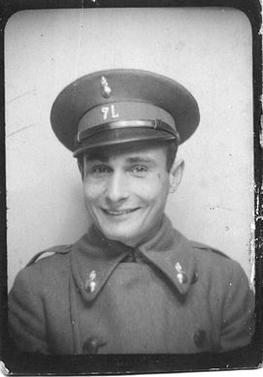
One of the most inspiring aspects of Garcia’s story is just how ordinary he appeared to be – at least, in terms of his training, background and skills. He was no James Bond, and did not fit the Hollywood/Tom Clancy stereotype of a super-spy at all.
A small, unassuming-looking man, Juan Pujol Garcia was born in Barcelona, Spain, in 1912, and grew up in a house of relatively modest means.
He did not excel at anything, in particular, growing up, but judging from the success he later achieved as a double agent – during which time he spun all manner of tall tales, which the Nazi High Command swallowed hook, line and sinker – it is obvious that he must have had a very active imagination.
After completing his schooling, Garcia worked for a time as an apprentice in a hardware store, and dabbled in studying animal husbandry. He drifted from job to job, managing a cinema among other things, before being conscripted into military service in 1931. He served in a Spanish Republican cavalry unit – an experience he couldn’t wait to get past.
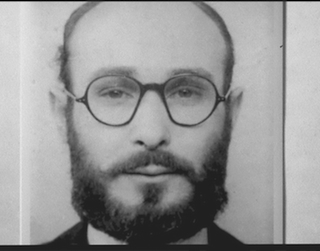
After being discharged after his compulsory six months of service, he returned to the workforce. His sister’s fiancé was soon afterward captured by the Republicans and accused of being a counter-revolutionary, and later his sister and mother were also captured and had the same accusations leveled at them.
Luckily, a relative in a trade union managed to get them freed. The experience, though, left Garcia with a deep loathing of the Republicans and their ideals. The fact that many of them were either communists or sympathetic to communist ideals made him hate communism.
When the Spanish Civil War broke out in 1936, Garcia was managing a poultry farm. He was called up to fight for the Republicans, but did not want to fight for the people who had mistreated his family, so he hid in his girlfriend’s house. He was captured in a police raid, however, and imprisoned for a short time.
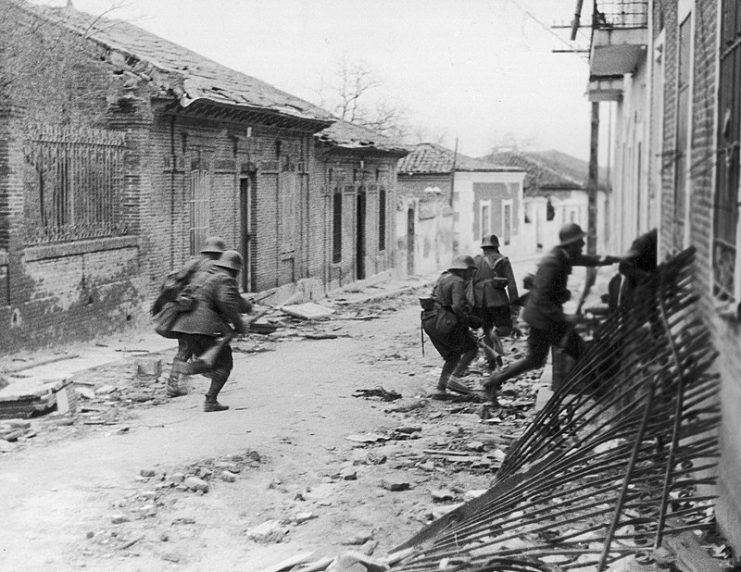
Later, to get revenge on the Republicans he used false papers to join up again, with the intention of deserting and fighting with the Nationalists, which he did. However, he was mistreated by the Nationalists too, who beat him and threw him in a military prison after he expressed sympathy for the Spanish monarchy. This experience added fascism to his hate list.
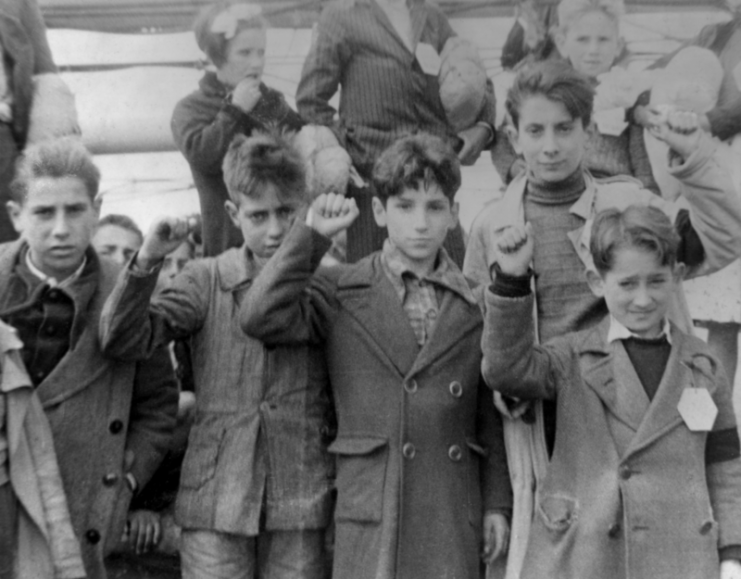
Thus, when the Second World War broke out in 1939, Garcia was determined to do whatever he could to fight against the Nazi regime. Seeing as the British were initially the only major power resisting Hitler, Garcia decided to approach the British Secret Service in Madrid and offer them his services as a spy, which he did in 1941.
There were a few problems with his application, though. Firstly, he had no experience of spying or doing any kind of intelligence work. Secondly, he had had a number of failed businesses, and was working as the manager of a lowly one-star hotel at the time, which placed him in no position to gain any spying experience, and thirdly, he couldn’t speak a word of English.
Unsurprisingly, the British rejected his offer. Garcia was nothing if not determined, though. He tried two more times to get the British to take him on as a spy, but they refused each time.
Undeterred, Garcia simply decided to work against the Germans on his own – a Lone Ranger of spies, so to speak.
He approached Abwehr (German Intelligence) agents in Madrid, and claimed to be a Spanish government employee who made regular diplomatic trips to London. He pretended to be fervently devoted to Nazi ideals, and told the agents that he was willing to spy on the British in the interest of promoting the Nazi cause.
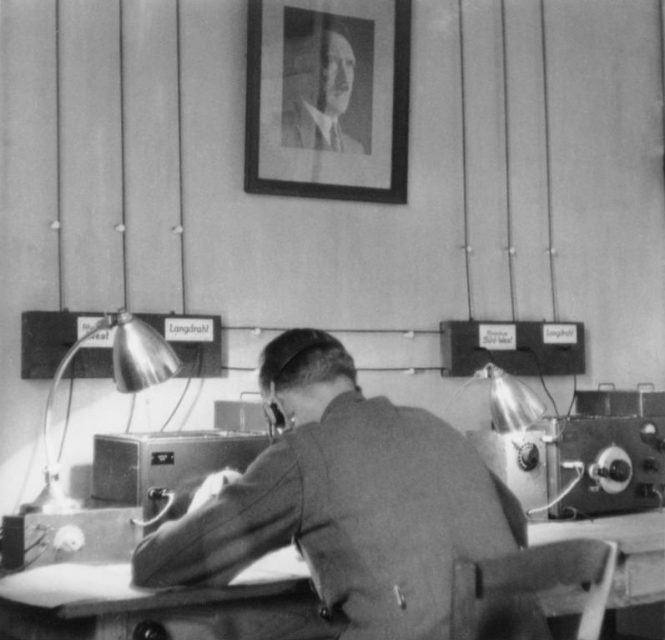
The Germans fell for his story – made more convincing by a fake diplomatic passport he created at a printing shop – and signed him on as a spy, albeit with some suspicion. The Abwehr gave Garcia a short but intensive course on the art of espionage, provided him with instructions to set up a network of spies on British soil, and gave him £600 for expenses on his mission (the equivalent of $42,000 USD today). Then they sent him on his way.
Garcia left Spain and informed the Abwehr that he had successfully moved to London, but in actual fact he was a lot closer to home: he moved to Lisbon, Portugal, instead.
This was where Garcia’s creativity and imagination really came into play. Using (Spanish language) tourist guide books, magazines and railway schedules, he constructed entirely fictional accounts of his “life” in Britain. Not only the Nazis fell for this, but also the British who, after intercepting some of his reports, began a manhunt in Britain to catch this spy…who wasn’t even there.
Garcia also invented a number of fictional spies, eventually fabricating a network of twenty-seven imaginary individuals out of nothing but hot air.

The British soon realized that Garcia couldn’t possibly be in their country, and that his reports were made up. In them, Garcia described military units, troop movements and military plans that didn’t exist, and made a lot of very basic mistakes about life in Britain.
The Germans, however, were convinced that he was the real deal. He explained away the fact that his letters all came stamped from Portugal because one of his twenty-seven agents was a KLM pilot who regularly flew between London and Lisbon, and who smuggled Garcia’s letters with him and mailed them from Portugal.
Also, using news reports, he did add truthful information to his letters to Germany, but it was always strategically useless, or, when it was valuable, he ensured that it arrived only after the event in question had taken place, and blamed postal delays to cover his tracks.
The British soon realized that Garcia could actually play a very valuable role in the war. This was made especially clear to them when Garcia reported to the Germans on a non-existent British fleet supposedly stationed at Malta – to which the Nazis reacted on a large scale. However, even when they found no trace of any British ships there, Garcia managed to explain his lie away and retained the Germans’ trust.
After this the British moved Garcia and his family to England, gave him generous funding, and got a Spanish-speaking MI5 agent to assist him in his mission.
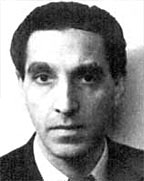
Now, finally backed by British military intelligence, Garcia – who had been given the codename GARBO – was able to make full use of his imagination. The British cooked up misinformation for Garcia to pass on to the Germans, which he gleefully did, honing his spycraft as the war went on.
MI5 assisted with making his reports more credible. When the Germans became suspicious about information that turned out to be completely wrong, or that arrived too late to make a difference, Garcia would explain this away by saying that one of his agents had been arrested or assassinated by British Intelligence – and MI5 would get British newspapers to publish obituaries of these fake agents to lend truth to his tales.
Garcia’s finest piece of work was done in the lead-up to the D-Day invasions. As a major player in the intelligence operation Operation Fortitude, he managed to convince the German High Command that the bulk of the Allied invasion force was not going to land at Normandy, but at Pas de Calais.
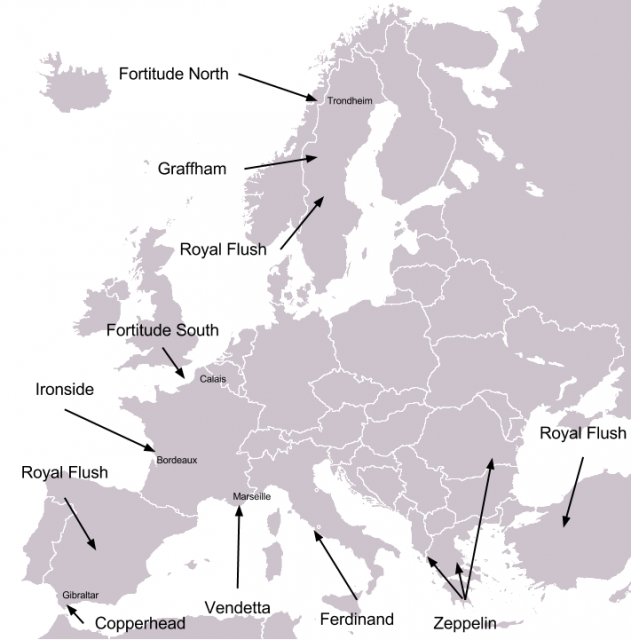
He also convinced the Germans of the existence of an entirely fictional army: the “1st US Army Group” consisting of 150,000 troops he conjured out of thin air, and which he claimed was going to be led by none other than General Patton. Incredibly, Hitler believed Garcia’s fabrications – enhanced by MI5 providing fake radio chatter about a huge American force stationed in the south of England – and failed to throw the full weight of his army at the beaches of Normandy, which Garcia had told them were merely a diversion.
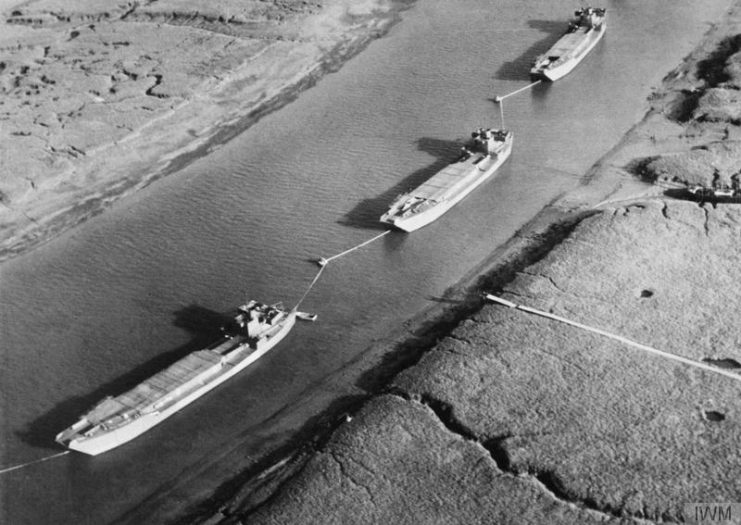
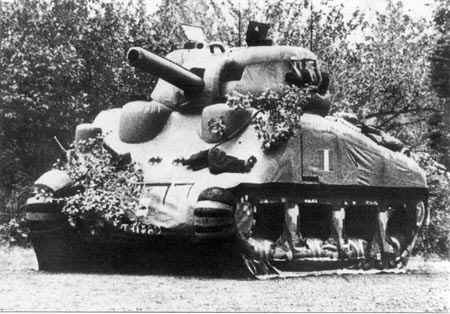
Even after the Allied forces had landed at Normandy, Garcia continued to feed the Nazis false information about the main landings still being planned for Pas de Calais. His expert feeding of misinformation to the Germans thus played an incredibly important role in the success of the D-Day landings, which ultimately turned the tide of the war in a huge way.
The Nazis remained oblivious to Garcia’s true identity, and he was awarded the Iron Cross for his “service.” The British, meanwhile, had just awarded him the MBE – making him the only person ever to receive both of these decorations.
Read another story from us: Crossword Alarm: The Puzzle That Nearly Stopped D-Day
After the war, fearing German retribution, Garcia faked his own death in 1949 and moved to Venezuela, where he lived in peaceful anonymity and ran a bookstore. His work remained unknown for many years, but in the 1980s he was invited to London and entertained by Prince Phillip. He eventually passed away peacefully in 1988.
If Garcia’s story can ultimately teach us anything, it is that any dedicated individual – no matter how “ordinary” or “untalented” they may think themselves to be – can significantly change the course of history, as long as they are committed to their cause and never give up.
